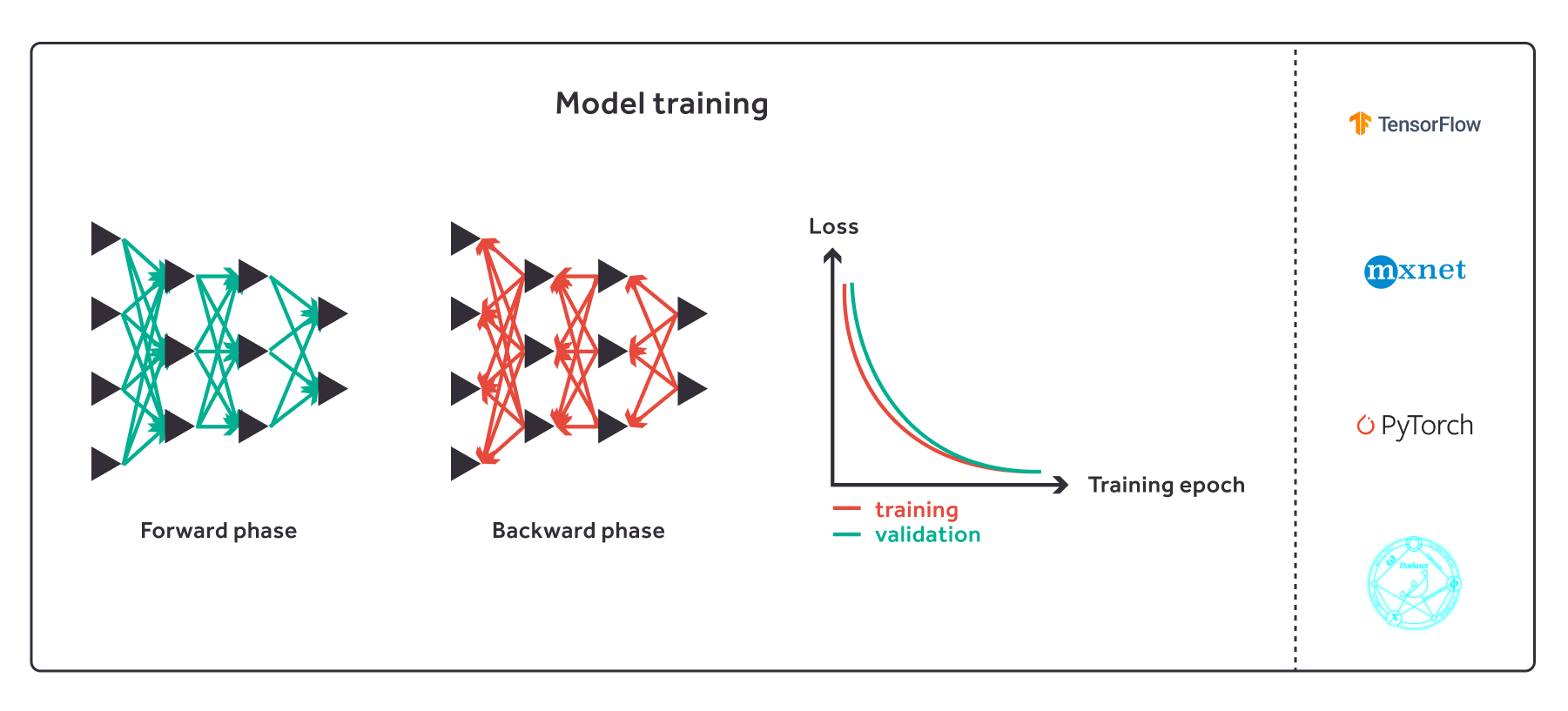Analyzing AI model training practices in major tech companies like OpenAI, Google, and Meta can provide valuable insights into the evolving landscape of artificial intelligence development. The recent New York Times report sheds light on the intricacies of how these companies approach training their AI models. From data maximization to potential copyright issues, understanding these practices is crucial in navigating the ethical and legal implications of AI technology. Explore further to uncover the impact of AI model training practices on innovation and society.

AI Model Training Practices Revealed by New York Times
-
OpenAI, Google, and Meta leverage transcribed YouTube video text to train their AI models effectively. This practice underscores the significant role of diverse data sources in enhancing model performance and accuracy.
-
Concerns arise over copyright infringement on YouTube as tech giants extract and utilize user-generated content for training algorithms, prompting discussions on the ethical use of data and intellectual property rights.
-
Tech giants prioritize data abundance to refine their AI models, emphasizing the importance of vast datasets for training sophisticated algorithms and achieving optimal results in various AI applications.

Google Spokesperson’s Response
-
Google upholds stringent policies against unauthorized downloading or use of YouTube content. Compliance with these guidelines is crucial to maintain ethical AI model training practices and respect content creators’ rights.
-
Regarding AI model training practices, Google asserts no involvement or knowledge of OpenAI’s specific methodologies. This underscores the importance of transparency and accountability in the tech industry, especially concerning ethical AI development.

Internal Knowledge at Google
-
Google’s internal knowledge encompasses awareness of OpenAI’s activities, indicating a strategic monitoring of industry advancements in AI model training practices.
-
Leveraging unconventional yet effective methods, Google incorporates YouTube videos in AI model training, showcasing a dynamic approach to enhancing training datasets and algorithms for optimal performance.

Allegations of YouTube Policy Violations
-
YouTube CEO Neal Mohan recently raised concerns over OpenAI’s utilization of YouTube videos for training the Sora AI model, citing a breach of platform policies. This highlights the intricate ethical considerations surrounding AI model training practices, particularly in relation to content sourcing and compliance with platform guidelines.
-
The allegations bring to light the evolving landscape of AI model training practices, where the balance between innovation and ethical adherence is increasingly scrutinized. By examining instances like this, the tech community gains valuable insights into the complex interplay between cutting-edge AI development and the regulatory frameworks set by tech giants like YouTube.

Data Maximization for AI Training
- Major tech companies, in their AI model training practices, prioritize maximizing data inputs to improve the accuracy and effectiveness of their models.
- Data maximization strategies involve large-scale data collection, processing, and utilization to train AI models robustly and ensure optimal performance.
- Continuous data optimization remains a core focus for tech giants, emphasizing the significance of comprehensive data sets in refining AI model training practices.
